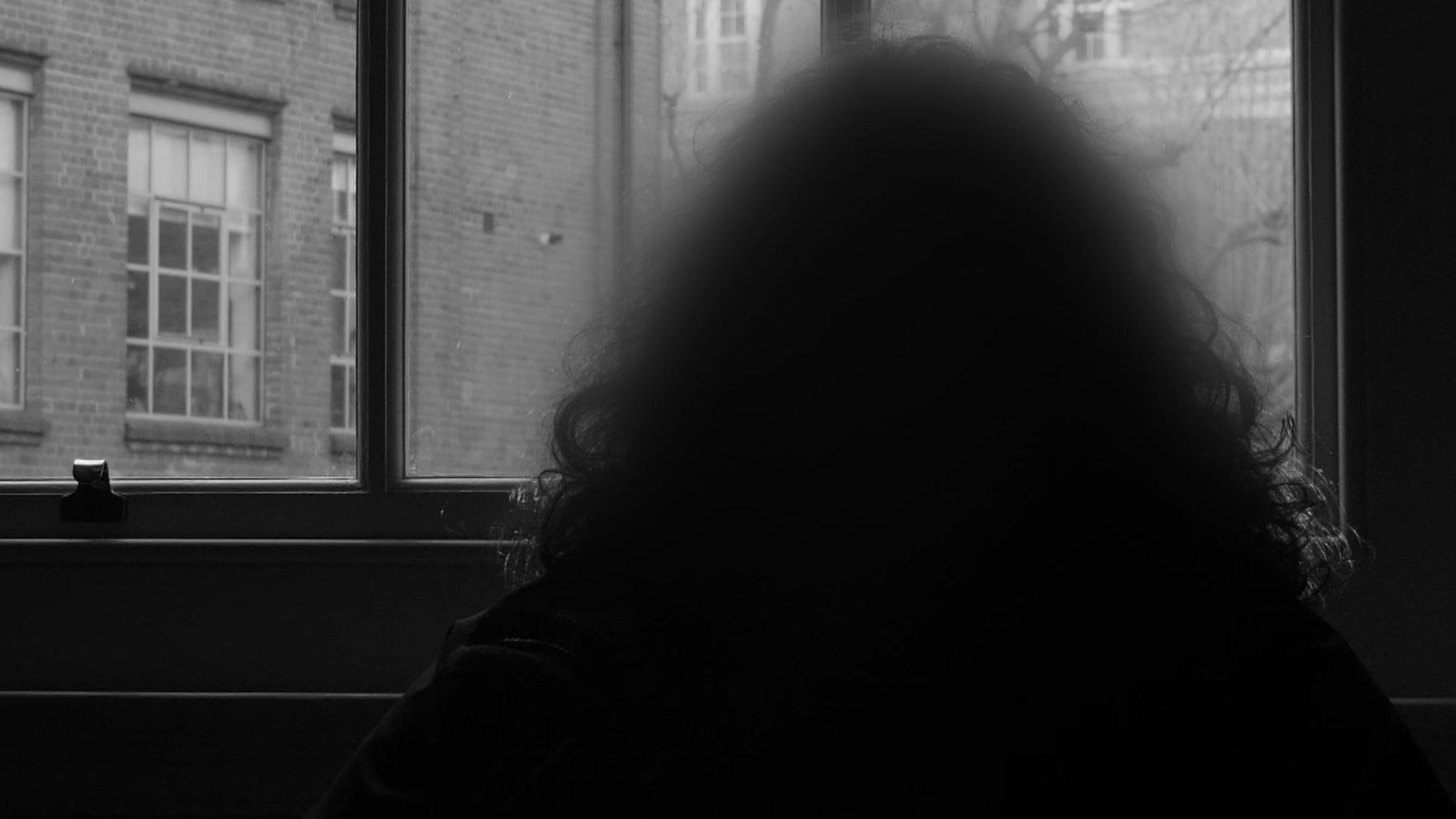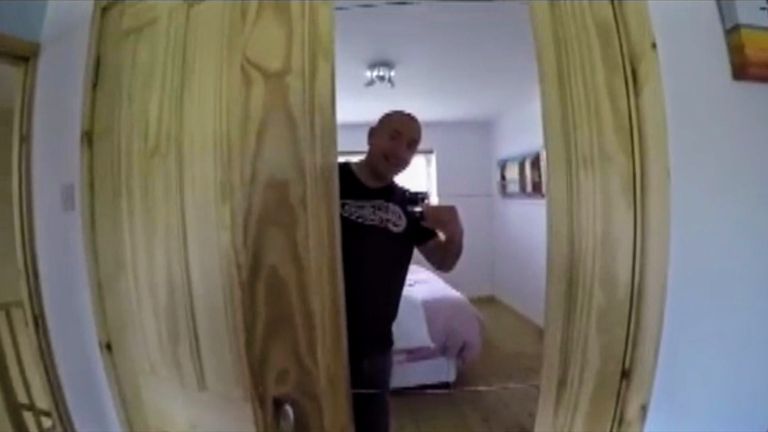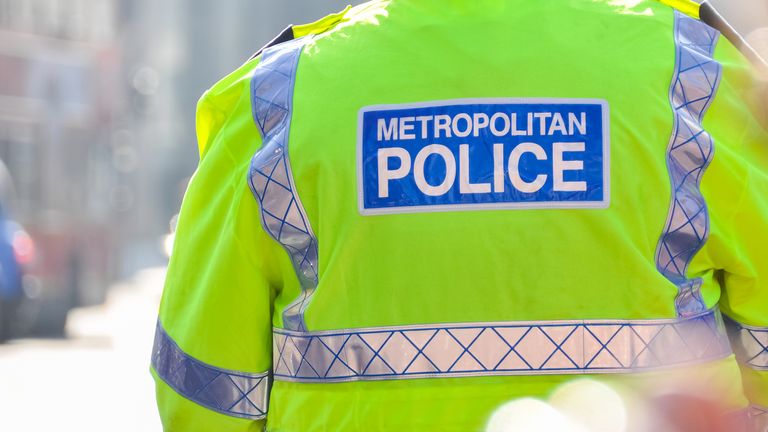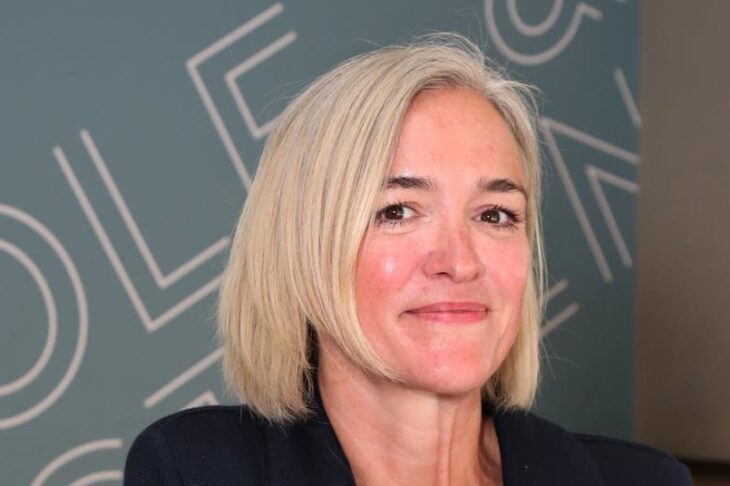
‘The end of my career’: Police officer raped by David Carrick says colleagues would have ‘laughed’ if she reported it | UK News
A serving police officer who was raped by David Carrick has said she didn’t report it to the Met because her colleagues would have “laughed” and it would have been “the end of my career”.
The woman was one of Carrick’s earliest victims and didn’t tell any friends or other officers about the rape.
The victim, who cannot be named, told Sky News: “I feel incredibly guilty because I could have protected (his other victims). I’m paid to protect other people and maybe, if I had reported him, he would have been slung out of the job and I could have protected some victims. When I heard in 2021 he’d been arrested, I finally did do something about it because I felt so bad.
“I’m struggling with the guilt and I just hope that the victims I meet in court, or in the future, understand where I’m coming from. I am a police officer, but I am also a human being. I should have reported it, but the culture at the time stopped me.
“If I’d have reported it, my colleagues would have just laughed and it would probably have been the end of my career.
“The culture was if you reported something like that it would label you more than them. I refused to go through my career as the woman who alleges rape.”
‘I said no a number of times’
The woman, who was single, met Carrick when they worked together as Met Police officers in 2004 and began a “flirty” relationship almost immediately.
She was older than him and admits she was flattered.
She found him attractive and affectionate, though she now considers that his physical attention – an arm around her waist, standing close to her and so on – was part of his controlling behaviour.
When she went to his house after a long shift she thought they would start a sexual relationship, but Carrick raped her.
“He was forceful, not violent but I said no a number of times, but he just said yes. I could have fought back, but he was stronger than me and I felt it could turn to violence.”
‘I don’t trust the Met in anything to do with me as a victim’
The woman also said the Metropolitan Police commissioner made no attempt to contact her over her ordeal.
She said she waited three days to hear from Sir Mark Rowley and then emailed him in frustration.
The woman said: “After Carrick pleaded guilty, I thought the commissioner would make contact with me.
“He said in the press he was going to see the victims individually if they wanted to, to apologise.
“As one of his serving officers I thought I’d probably be one of the first he would reach out to, or be easier to reach out to, but he didn’t. I emailed his office and showed my disappointment. I asked for a meeting and got one immediately, at my convenience.”
The woman said: “Obviously, he said sorry to me first but it doesn’t really mean much, does it? He’s offered support and counselling, but I don’t want Met counselling, I don’t trust the Met Police in anything to do with me as a victim. I told him that.”
‘We all tiptoe around refusing to say anything’
The woman welcomed the commissioner’s determination to encourage officers to report bad and criminal behaviour by colleagues, but says the culture won’t change quickly.
“It’s pretty much drummed into new recruits that they must report wrongdoing and if they don’t they are as bad as those doing it. But it’s made it a very difficult place to work because we all tiptoe around refusing to say anything at all half the time in case we say something wrong.
“It’s difficult to be a whistleblower because we work closely together and depend on each other, often in violent situations, you build trusting relationships and you would not want to be the one reporting things, even anonymously. I’m not confident you would stay anonymous, because what you are reporting will make it clear who you are.
“The Met have brought in a phrase to challenge people and acknowledge when they’ve said or done something wrong.
“It’s ‘Not In My Met’, to show you are distancing yourself from it, but it’s being said so regularly it has become a little bit of a joke.”
Read more
Metropolitan Police ‘truly sorry’ for David Carrick’s ‘cruel’ crimes
David Carrick rape victim plans to sue Met Police for damages
‘I can’t have a close relationship’
The woman said she has never recovered from being raped by Carrick and finds it difficult to forge a relationship with a partner.
“I had plans for the future and what I was going to do with my life. I don’t drink alcohol, so I can keep control, I don’t stay over at parties so I can get in my car and drive home. I like men, but I can’t have a close relationship with one now. I’ve just lost trust in those relationships.”
Carrick is certain to get a long sentence, with life imprisonment likely and perhaps more than 30 years before he becomes eligible for parole.
This victim hopes he stays locked up for a long time.
She said: “He’s taken away a vast majority of my life and I’d be disappointed if he didn’t get a long sentence. I’d like to see him go down for a very long time. He abused his position of thrust which puts an extra dimension on the offences. If he’s ever released it will have to be under strict conditions.”



